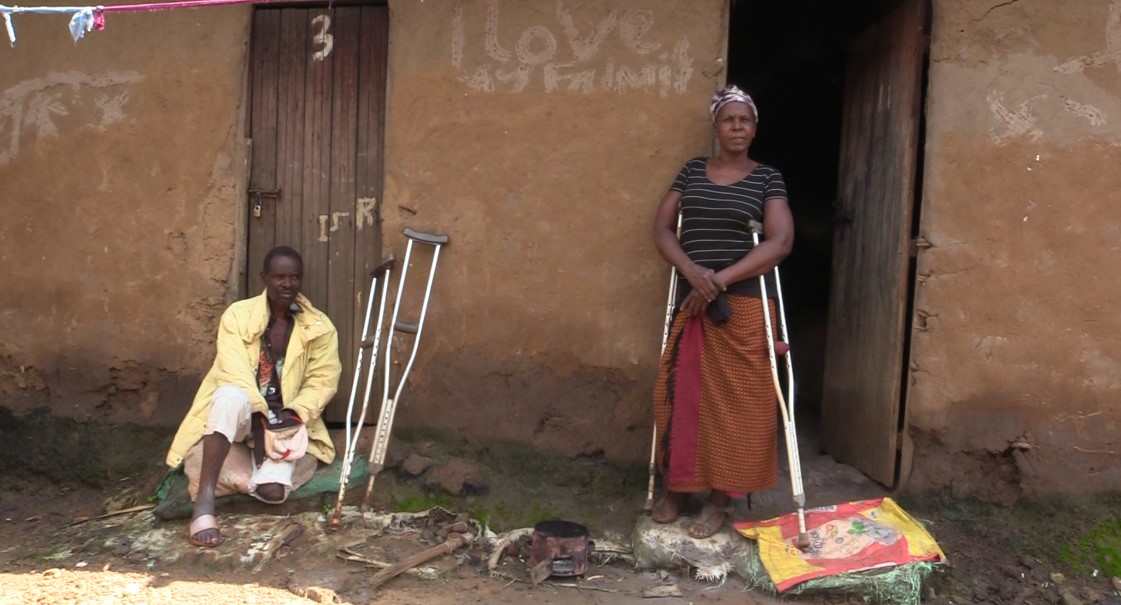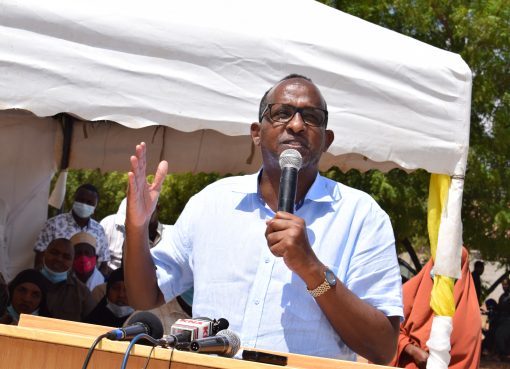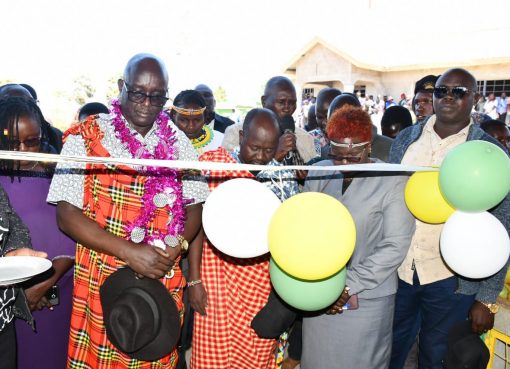It is clocking towards 16 years since the 2007/2008 post-election violence left at least 84,000 people internally displaced in Western and Nyanza regions.
The Internally Displaced Persons under the Western Region Caucus for IDPs are now eyeing the Sh3.7 billion set aside for them during the current 2024/2025 budget.
Government, according to former Treasury Cabinet Secretary Njuguna Ndung’u, earmarked the funds for settling the landless as the government endeavoured to solve the issue of IDPs.
The Caucus members argue that although some of them had previously received between, Sh10,000 and Sh50,000 from the government, they needed further compensation to be at par with those from other regions who received up to Sh400,010.
It is for this reason that the leaders of Western Region Caucus undertook a week-long fact-finding tour of the region’s counties to ascertain the members’ whereabouts, and the deplorable conditions some of them were living in.
The caucus has also written to Parliament through the Clerk Ms. Lucy Kimathi requesting for clarification on whether the finances were meant for the 2007/2008 post-election IDPs or just the recent floods survivors.
In their letter dated 4th August this year, the Caucus argue that they should be given priority because it’s them that had done a petition over the same, and a parliamentary report had already been done for the implementation committee.
During the tour of Trans Nzoia, Siaya, Migori, Homabay and Kisii counties, the Caucus leaders also took the views of the IDPs some of who are in dire need of support as they are disabled, ailing or living under deplorable conditions.
In Homabay County, they visited Bernard Ndege who lost 11 family members during the skirmishes which left 1500 people dead.
Ndege, a former fisherman in Lake Naivasha says he hopes the funds will enable him put up a shelter, now that his skin condition which he developed cannot allow him stay out in the sun for long.
Describing his life as pathetic after he moved to his rural home in Kobalah Sub location, Wangchieng ward, Ndege now appeals to the government to hasten any process of compensation saying it will soften the blow.
In Migori county, one Manaseh Ouma Waganda says he was looking towards more compensation arguing that the Sh10,000 he was given is not adequate.
The former footballer who now lives in Saleroom Sub location, Suna West Sub County appeals to the government to hasten the release of the funds so that he can be at par with those who had received more.
Waganda who later developed blindness after he fell on a tree stump as he took cover into the forest says stigma made his family members and friends desert him under deplorable conditions.
He further appeals to any well-wishers to give him a job for he had managed to attend Sikri school for the disabled where he learnt some skills to cope with his blindness.
In Trans Nzoia County, a couple, Ezekiel Wafula and Ziporah Wekesa who were amputated after being shot with poisoned arrows say they have never received any compensation from the government.
The two who live in Namanjalala Sublocation, Kwanza Sub County say any amount of compensation will be geared towards buying prosthetic limbs for easing mobility, and, for their children’s school fees.
In Kisii County, Rosemary Nyaboke is ailing while living in a small rented house that is being paid for by the church in Nyamagesa location, Rigoma Ward, Masaba South Subcounty.
She says her face which underwent plastic surgery needs further treatment and appeals for any support to enable her get the required medication.
According to the Kisii County Caucus Coordinator, James Moi Oroo, the IDPS were living under dire circumstances, due to disability, lack of basic necessities and abject poverty.
Oroo however, applauds the national administration and some county governments for occasionally assisting with relief food and urged them to reach out to those who are confined in their homes.
Pastor George Morara Manani, who developed blindness during the clashes appeals to the government to hasten distribution of the compensation once the matter on beneficiaries has been resolved.
National Director of the Caucus, Eric Oyugi explains that the tour arose out of an outcry by the IDPs who were experiencing myriad challenges with an aim of finding out where and how they were coping with their situation.
Oyugi notes that the Caucus was working on modalities to ensure that any compensation was distributed equally as per the constitution 2010 on equity and equality.
He says that the IDP Act allows them to continue deliberating with the government on how to support all the IDPs.
If the government releases any funds for the IDPs, Oyugi says, the structure of leadership of the caucus from national to the village level will work with the national government administration to ensure they reach all the beneficiaries.
There are 84,500 IDPs registered under the Caucus with Kisii recording 15,590, Homabay 7,000, Siaya 9,000, Kisumu 15,000, Migori 14,000 and Trans Nzoia 17,000 among others.
By Jane Naitore





